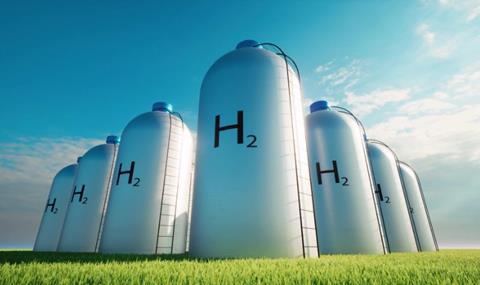
Nuclear Enabled Hydrogen (NEH) must be embraced if the country is to achieve its net zero ambitions, according to the UK Hydrogen and Fuel Cell Association (HFCA).
In a new paper, the trade association urges the government to support the potential of NEH with legislation, investment and more nuclear sites to allow it to become an energy player in the race to zero emissions.
HFCA member Marcus Newborough said the electricity grid would find it difficult to match the supply and demand required by integrating base-load nuclear generation while at the same time integrating a substantial capacity of variable renewables: “Electrolysis can provide the flexibility required to solve this challenge by absorbing nuclear electricity at times of high renewables generation - or vice versa,” he said.
“In addition, it can provide the means for matching nuclear power generation to the steady-state demand for hydrogen that characterises several of our essential chemical processes, such as ammonia and methanol production.
“Nuclear enabled hydrogen can therefore play an underpinning role in achieving net-zero, both for the electricity grid and for industrial clusters.”
The HFCA said the government’s British energy security strategy included increased ambitions across nuclear and hydrogen, highlighting their growing importance in the UK’s energy system.
But Celia Greaves, HFCA chief executive and founder, said NEH also offered benefits and roles across the energy system that are not currently recognised in the models being relied on by the government.
She said: “These include coupling large scale nuclear power stations with electrolysers to generate high purity hydrogen required for fuel cell vehicles, decarbonising the gas grid, decarbonising marine transport with ammonia and decarbonising flights with synthetic aviation fuels.”













